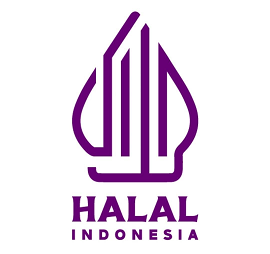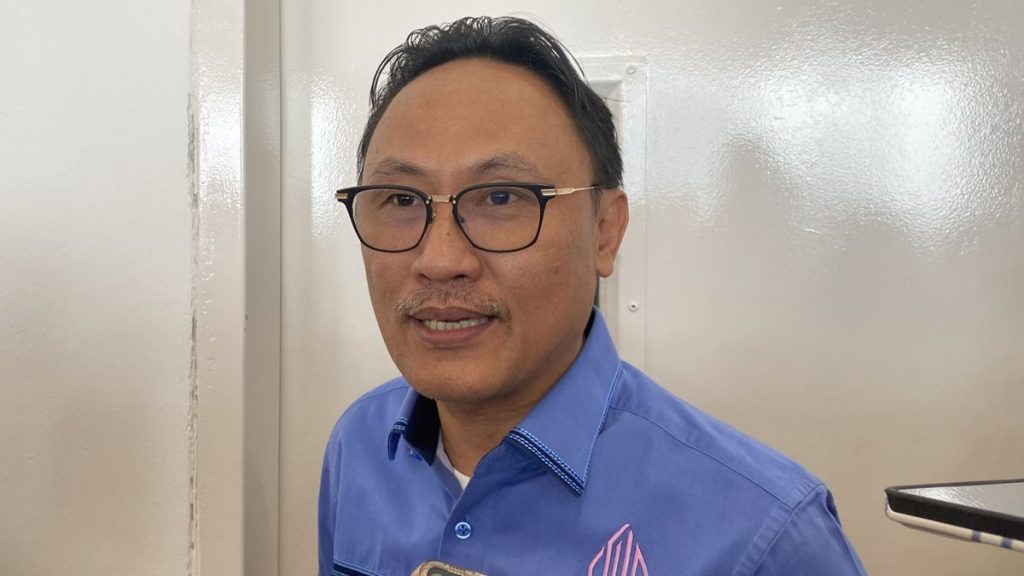The Korea Economic Daily – Global Edition
Most small businesses are worried that it is costly and difficult for individual companies to obtain halal certification directly from the Indonesian Halal Agency
South Korea’s Ministry of SMEs has begun moving to help SMEs planning to export to Indonesia obtain halal certification.
The SME Ombudsman said on Tuesday that it has forwarded a recommendation to the Ministry of Agriculture, Food and Rural Affairs to prepare countermeasures as Indonesia implements a mandatory halal certification system for products that can be eaten and used by Muslims next year.
 The SME Ombudsman held a meeting with companies expanding into overseas markets at the Chungbuk Regional Small and Medium Venture Business Agency in Cheongju, North Chungcheong Province, on the same day.
The SME Ombudsman held a meeting with companies expanding into overseas markets at the Chungbuk Regional Small and Medium Venture Business Agency in Cheongju, North Chungcheong Province, on the same day.
The Ministry of Agriculture, Food and Rural Affairs explained that two domestic halal certification organizations applied for mutual recognition with the Indonesian Halal Agency and completed an on-site audit last year, and will request a reply from the Indonesian government as soon as possible.
Halal certification will be mandatory for all food and beverage products sold in Indonesia from Oct. 17 next year, and all food and beverage products imported and distributed into Indonesia will also have to be halal certified by the Indonesian Halal Agency under the Ministry of Religious Affairs.However, it is costly and difficult for individual companies to obtain halal certification directly from the Indonesian Halal Agency, so government support is needed.
At the meeting, there were also suggestions on:
- simplifying the process of issuing certificates of origin for free trade agreements
- supplementing the export roadmap system for small and start-up companies to enter the export market
- expanding support for logistics costs for agri-food exporters in Chungcheong area
- and expanding support for overseas public animal support projects.



